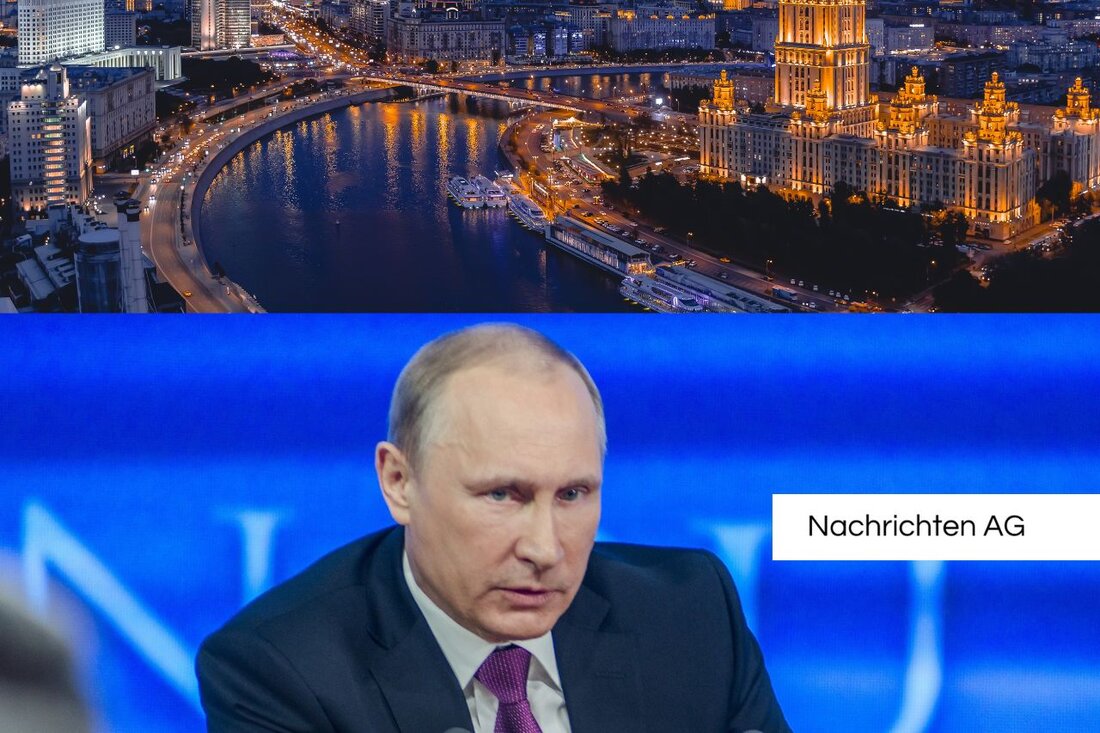ESC 2026 in Vienna: JJ demands exclusion of Israel because of the Gaza conflict!
ESC 2026 in Vienna: JJ demands exclusion of Israel because of the Gaza conflict!
The Eurovision Song Contest (ESC) has once again come into focus of the international discussion. The Austrian singer JJ, known for his clear attitude, calls for Israel's exclusion from the ESC 2026 in Vienna. This requirement has its roots in the recent military conflicts in the Gaza Strip, in which over 50,000 people are said to have lost their lives, as . JJ moves parallels to the exclusion of Russia in 2022 after the attack on Ukraine and emphasizes the need for a clear attitude on the part of the European Radio Union (EBU).
The discussion about Israel's participation in the ESC is accompanied by controversy about the vote in the final, in which Israeli singer Yuval Raphael has achieved second place. Although she received 60 points from the juries and 297 points from the public voting, several countries such as Spain and Belgium require a review of the televoting. These demands are based on allegations that mobilization campaigns via social media could have influenced the result of the vote.
political context and effects
dealing with Israel as part of the ESC divides opinions and raises questions about the political neutrality of the competition. A FAQ page of the EBU tries to address the controversy around Israel's participation. This includes security measures and reasons for participation, which is directly linked to Israel's membership in the EBU, which requires a state broadcasting provider, as
The participation of Israel is still affected by a boycott call. Criticism comes from the Advocacy Group Palestine Solidarity Campaign, which describes Israel's participation as "shameful" and accuses Ebu hypocrisy. There are also numerous voices on the social network that the FAQ side feel insufficiently and state that the concern for universal values and inclusion must remain presumed despite the current conflicts. The EBU has made it clear that it is a non-political organization and distances itself from the treatment of Israel in a different light than that of Russia. This distinction has led to further tensions within the Eurovision community. The ESC, which has existed since 1956 and recorded 162 million TV viewers worldwide in 2023, faces the challenge of representing its values, while at the same time the geopolitical tensions increase, as SPIEGEL ONLINE
In this tense climate, it remains to be seen how EBU will react to the demands and reviews, while the discussion about the voting system and the political neutrality of the ESC is further fueled. It is clear that the competition is increasingly perceived as a platform for social and political issues, far beyond music. The role of EBU and future challenges
| Details | |
|---|---|
| Ort | Basel, Schweiz |
| Quellen | |


Kommentare (0)